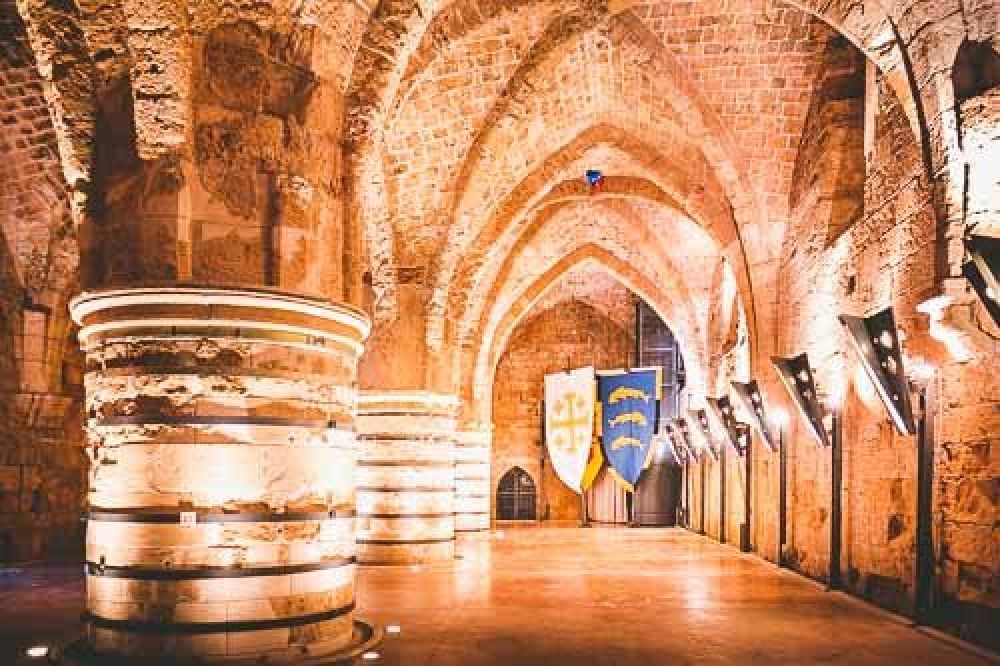

The ancient city of Acre, also known as Akko, has a storied history that traces back to the Bronze Age, making it one of the oldest continuously inhabited sites in the world. However, it was during the period of the Crusades that Acre gained particular prominence. The city became a focal point for Christian pilgrims and a strategic stronghold for the Crusaders in the Holy Land.
Starting in the late 11th century, the Crusaders established the Kingdom of Jerusalem and fortified cities like Acre to secure their hold over the region. The Crusader Fortress of Acre, built during the 12th and 13th centuries, stands as a monumental reminder of their presence. Despite being captured by Muslim forces and later serving under various empires, much of the fortress still looms over the old city today, providing a tangible connection to the past.
Tourism in Acre has a rich history, closely linked with its cultural heritage and archeological significance. Visitors have been drawn to Acre's historical assets, such as the Crusader Fortress, for many years. With the designation of Acre's Old City as a UNESCO World Heritage Site in 2001, the city's profile as a tourist destination has only grown. This prestigious recognition has helped to promote Acre's preservation and sparked an increase in global interest and international tourism.
In recent years, there has been a concerted effort to make Acre's history more accessible to visitors. The city has seen improvements in infrastructure, the restoration of historical sites, and the establishment of modern tourist amenities. Multimedia exhibits and reenactments within the Crusader Fortress itself have become a key part of the visitor experience. These enhancements aim to bring the history of the Crusades to life and make the complex narrative of Acre more engaging for a contemporary audience.
Lately, there has been a shift towards experiential tourism in Acre. Visitors are looking for authentic experiences that go beyond the traditional sightseeing. This has seen an increase in culinary tours, where tourists can sample traditional Middle Eastern cuisine, and cultural experiences that include visits to local markets and interactions with the community. Moreover, the trend of eco-tourism has started to influence the region, with an emphasis on preserving the natural and historic landscapes of Acre.
Looking ahead, Acre is poised to continue growing as a destination that offers a blend of historical allure and immersive experiences. Embracing sustainable tourism practices and further promoting the city's unique heritage, while adapting to the evolving interests of the modern traveler, are likely to remain key strategies in fostering the future growth of Acre's tourism sector.